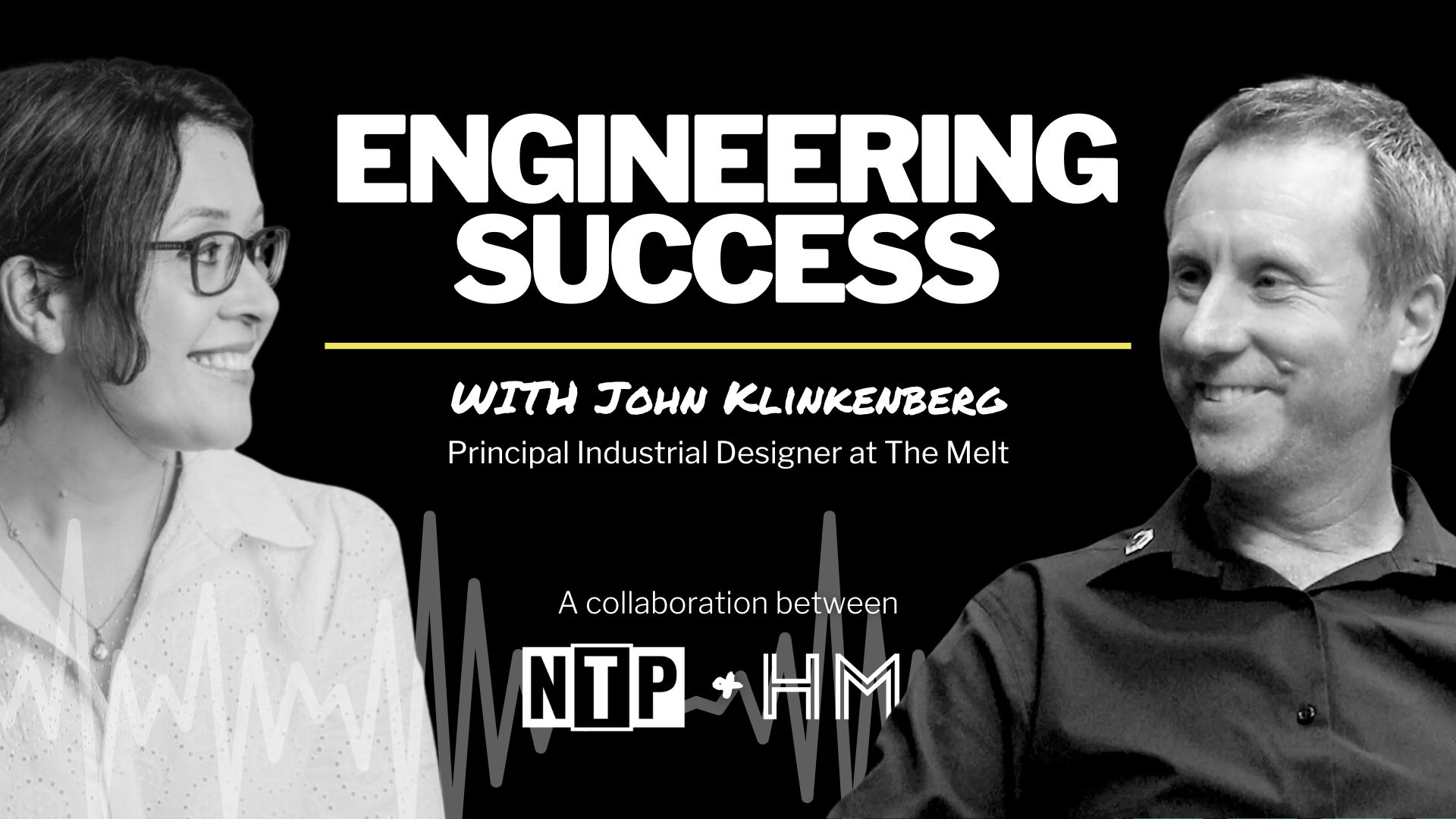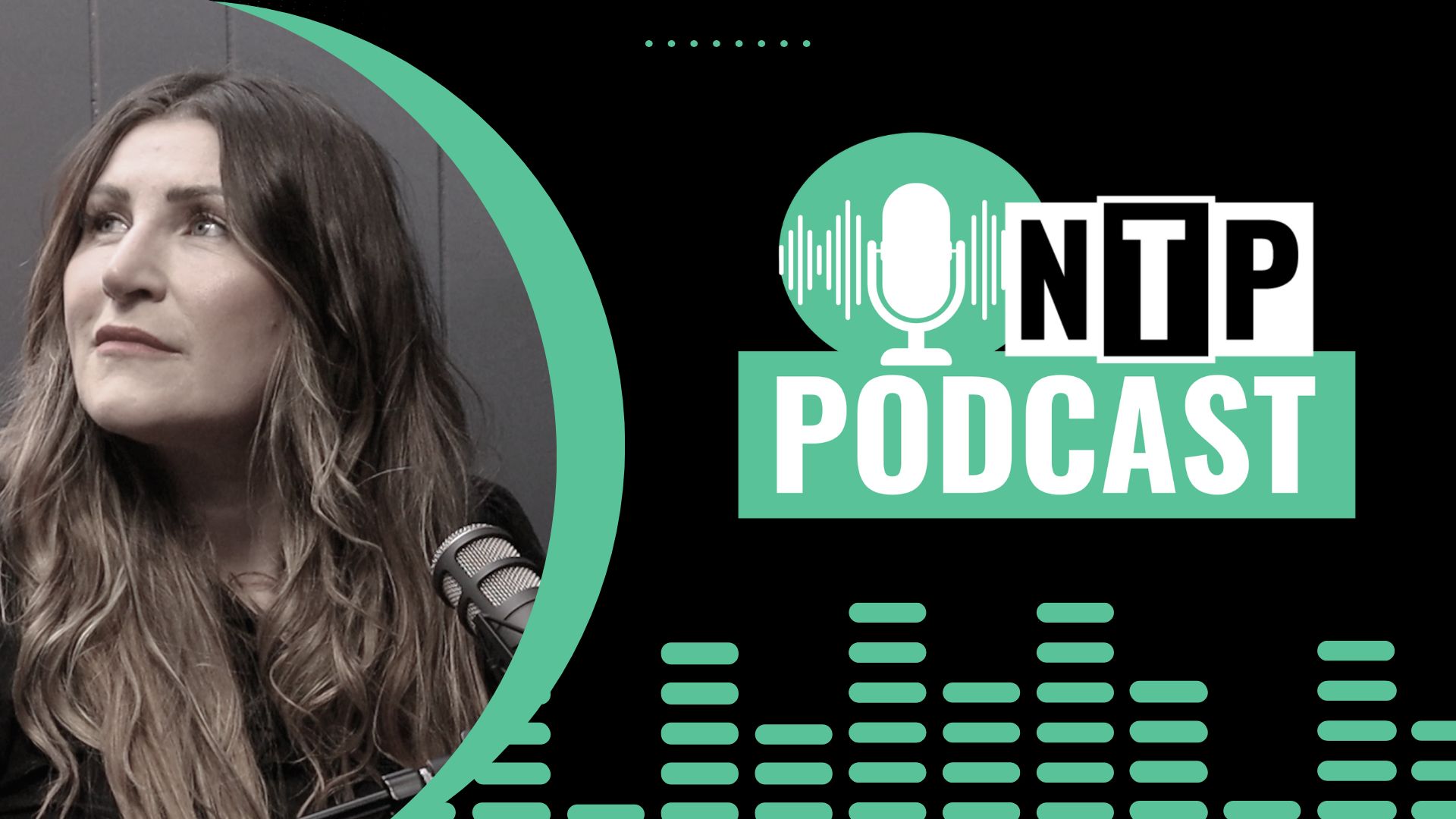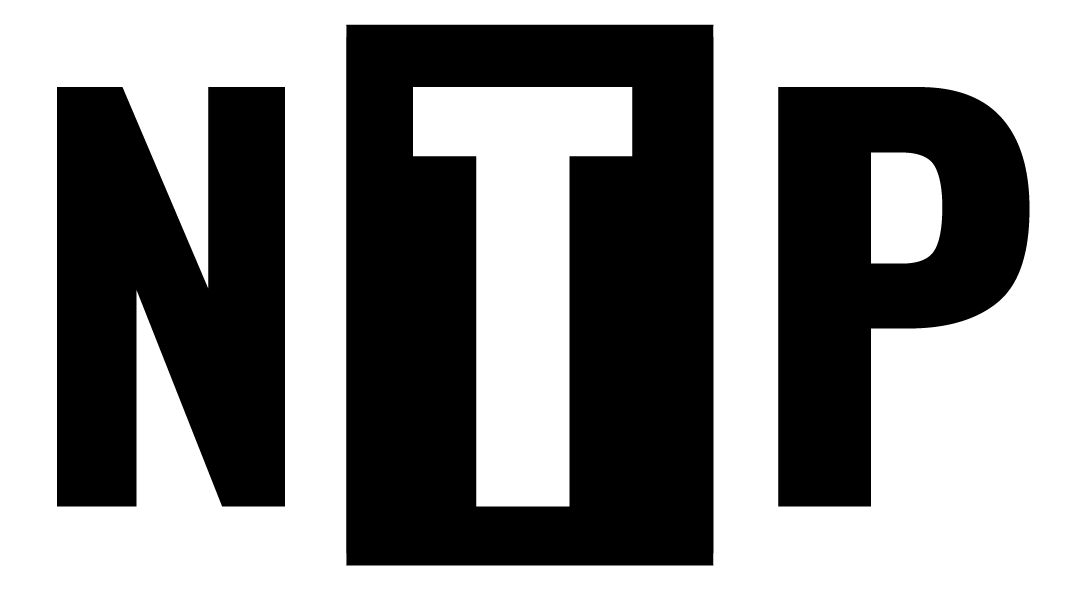
Recruitment
We know our client’s businesses and the types of people who will perform in their technology environment and culture.
Recruitment
Contractors
We're experts at matching the expertise and motivations of contractors to Australia's leading contracts and opportunities.
Contractors
Executive Search
We have deep relationships and are highly skilled at identifying and placing leadership and executive roles.
Executive SearchOur Expertise
Software Engineering
Cyber & Infra/Ops
Data & Data Science
Digital Marketing
UX / Product Design
QA & DevOps
Engineering
Product Management
Projects & Change
Senior Leadership




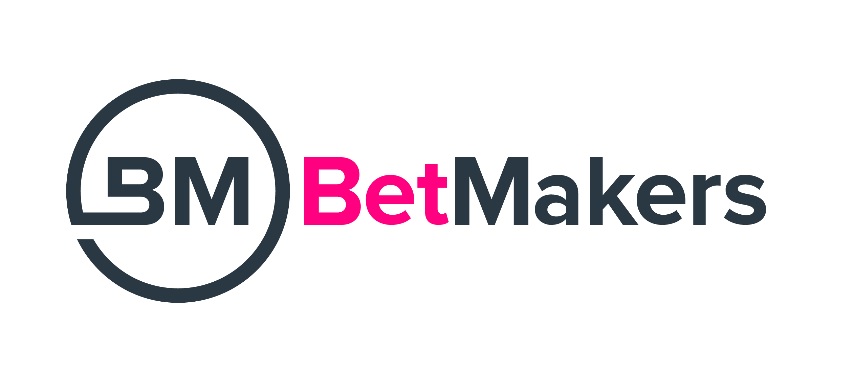

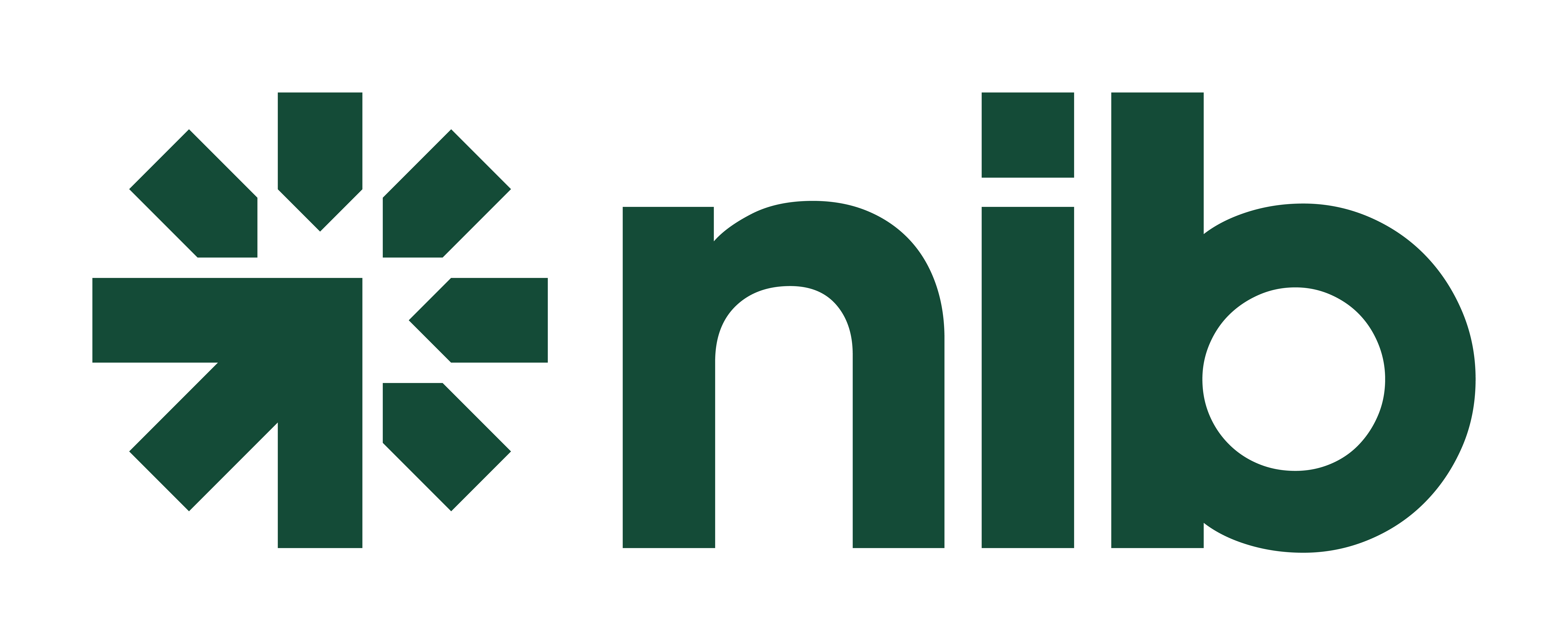








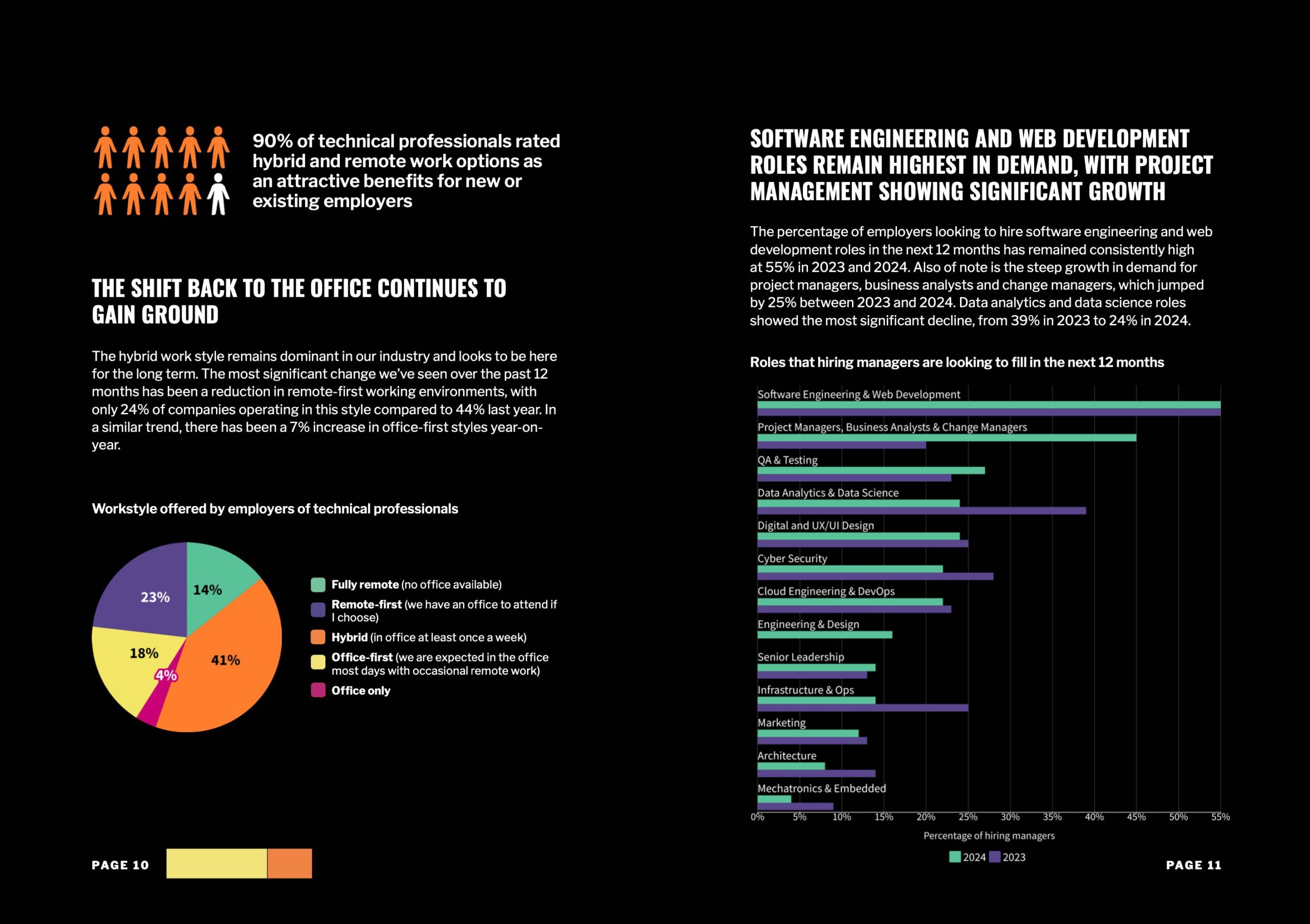
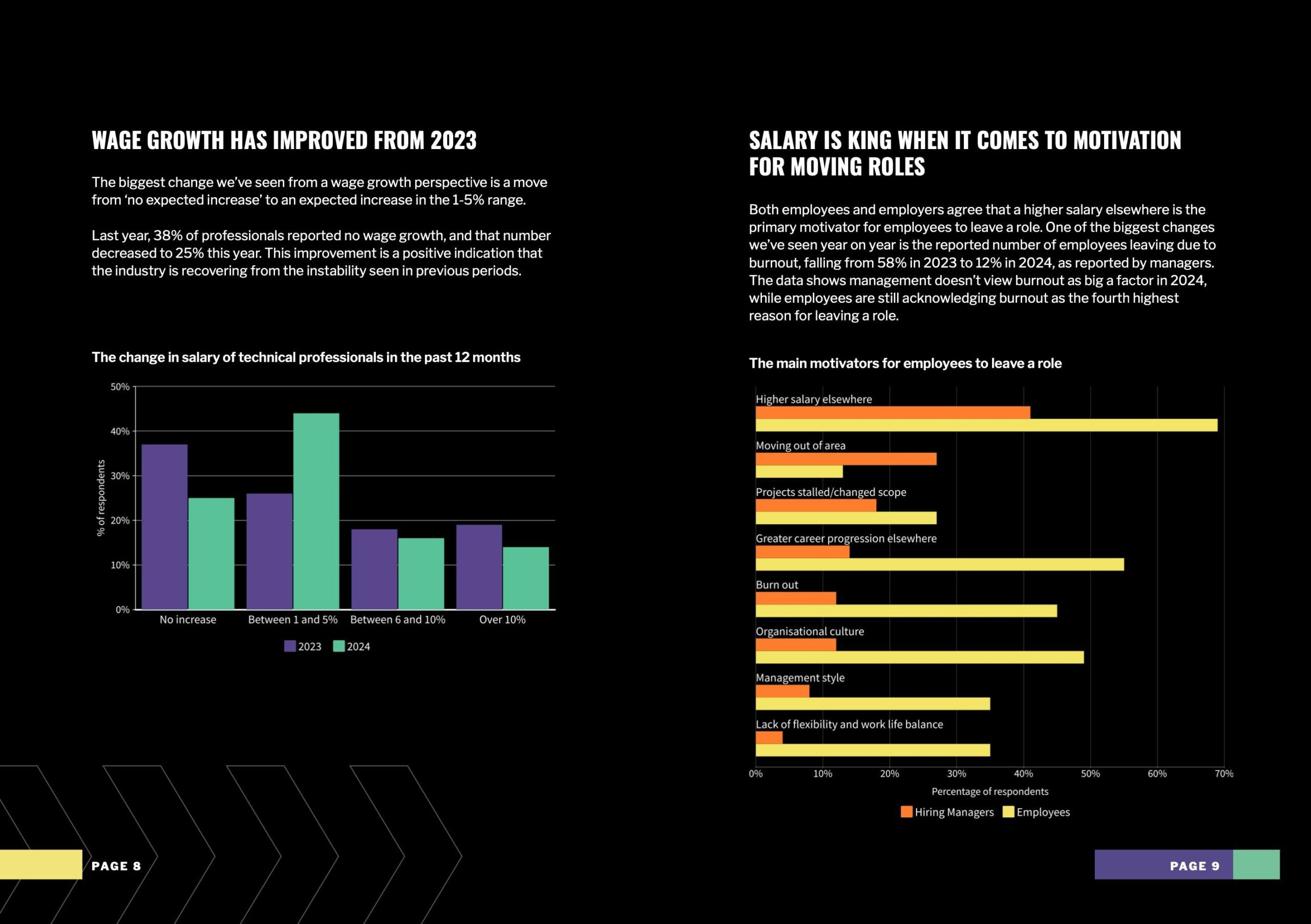
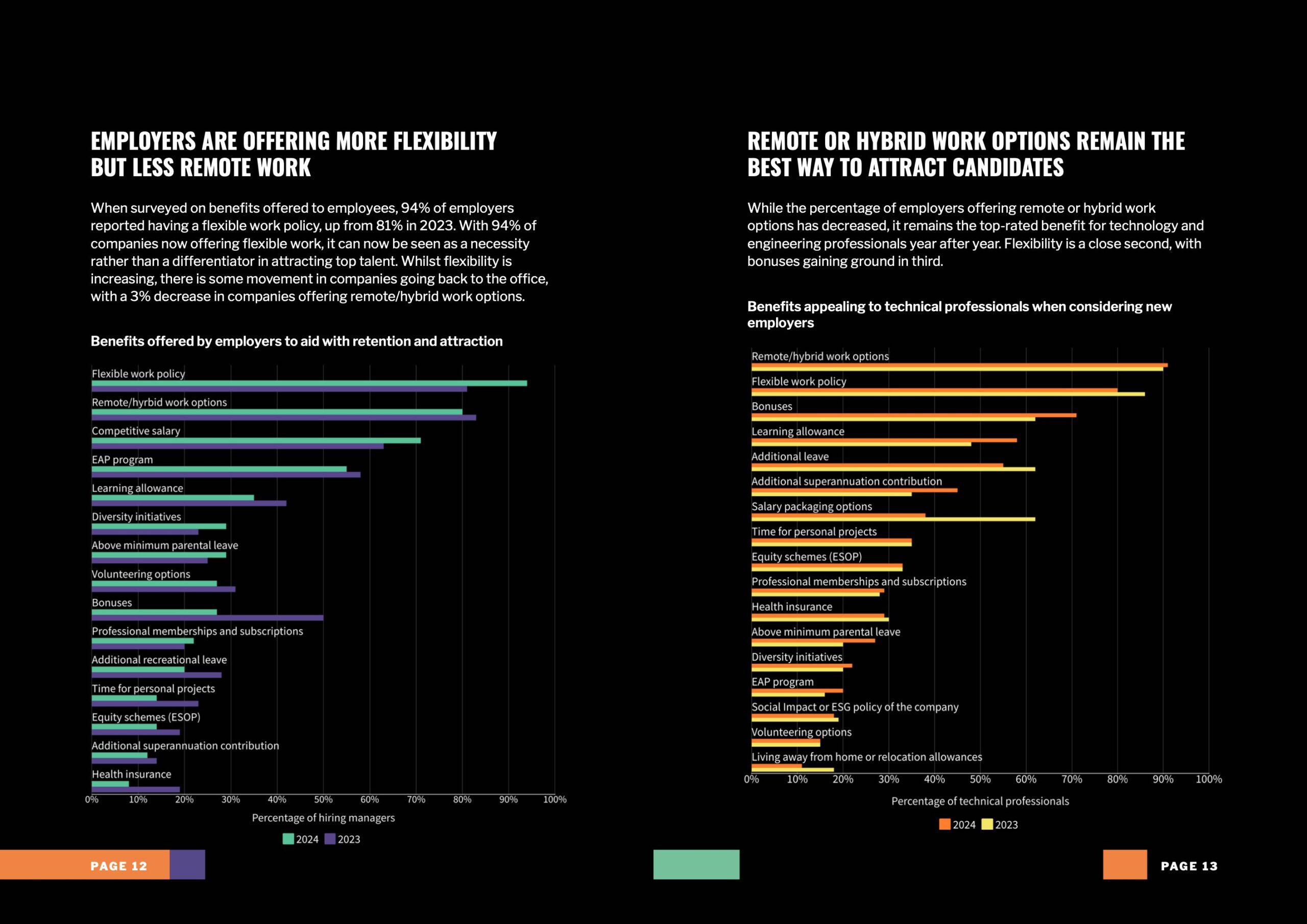

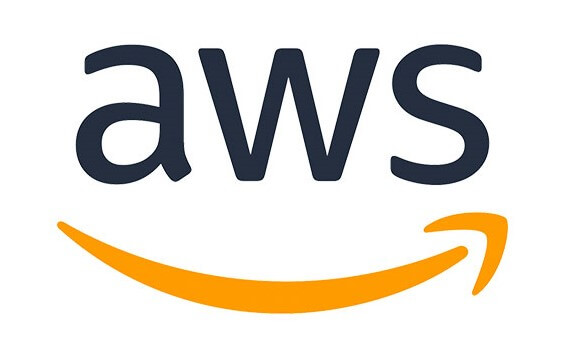
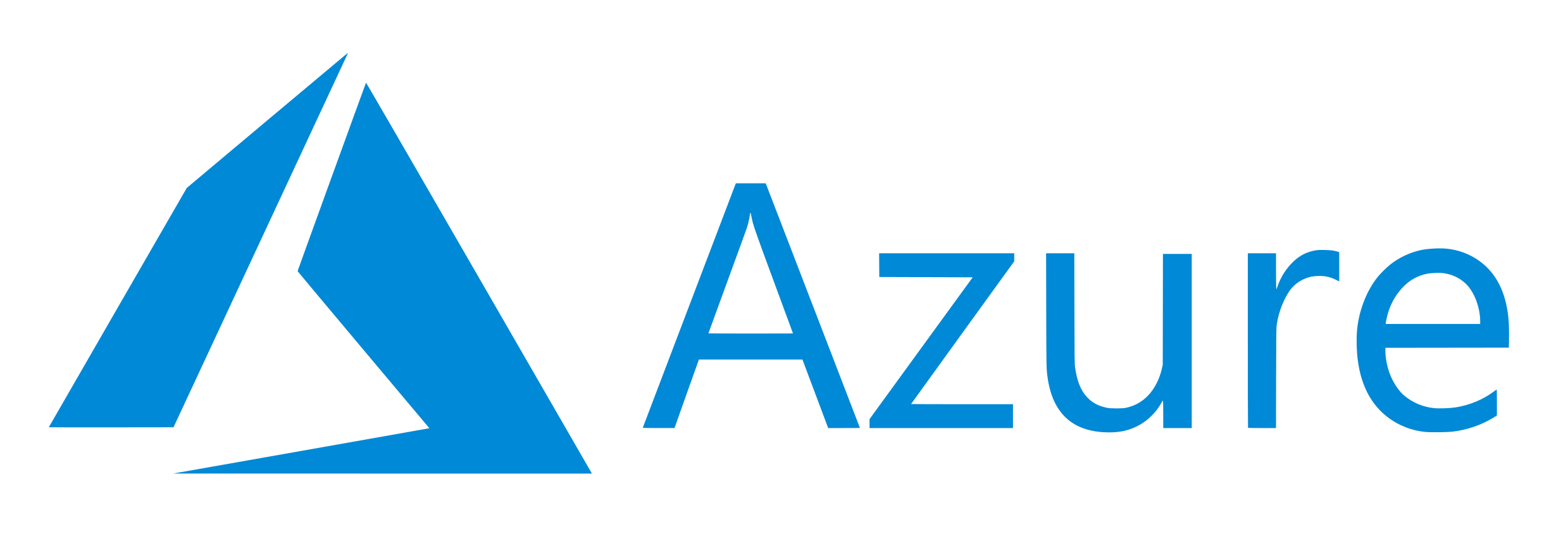







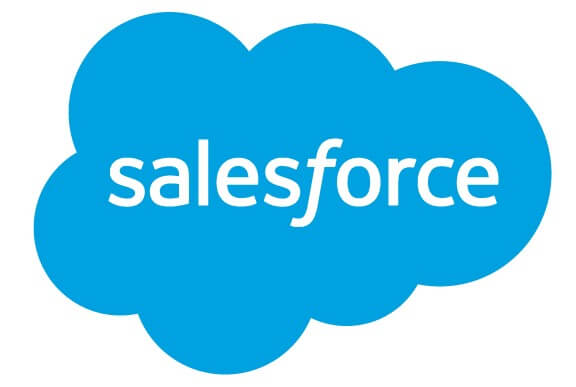

 Stitcher
Stitcher
